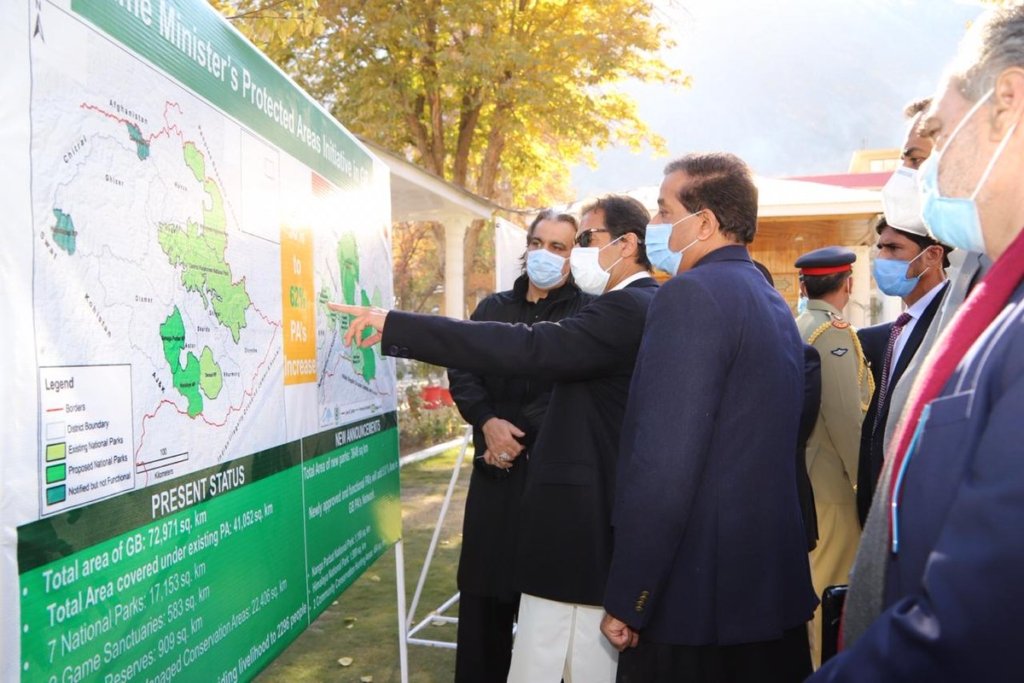The recent move by the PTI government to create two more national parks in the Himalayan mountains of Gilgit-Baltistan has sparked fresh controversy, strong resistance and protests among the residents of Gilgit-Baltistan, in general, and the people of Astore and Diamer districts in particular.
The contested fortress and neoliberal models of conservation and development have proven disastrous and failed in the world. And the concept of community-managed and community-controlled conservation and inclusive model of conservation of biodiversity and resources are gaining popularity. Yet, our ill-informed bureaucracy is still trying to adopt and impose the outmoded concept of conservation in Gilgit-Baltistan to deprive indigenous people of their centuries-old ancestral collective land and resources.
What legal, political, social and economic repercussions and consequences are entailed by such moves and how they will impact the nature, ecosystem, and livelihood of the local communities? How the people of GB could be made aware of their indigenous rights and ownership of their land and resources?
In this incisive discussion on #HighAsiaTV, we will try to answer these questions and discuss the various aspects of the National Park agenda and its implications for the people of Gilgit-Baltistan with Abbas Mosvi a noted political and social activist and one of the leading voices against the PTI government move.
“The proposed Himalayan and Nanga Parbat National Parks are nothing but a move to change the land ownership rights in Gilgit-Baltistan and cleverly deprive the people of their ancestral land which they have been using for generations,” observes Mr Abbas Mosvi.

